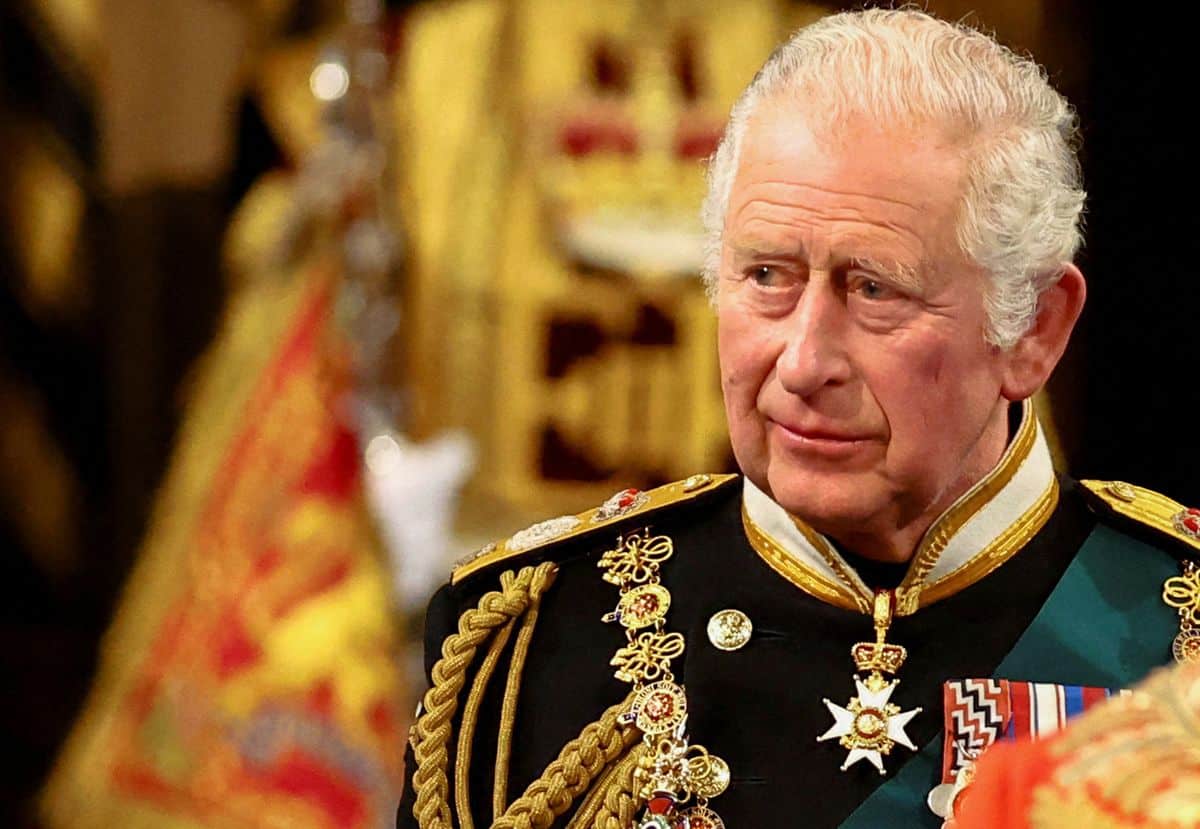
The coronation of King Charles III and Queen Camilla of the United Kingdom (UK) as the monarchs and heads of state of Commonwealth realms is set to take place on May 6, 2023, at Westminster Abbey.
As the UK prepares for this historic event, it is worthwhile to look at the list of Commonwealth realms and their relationship with the British crown.
List of Commonwealth realms
There are currently 15 Commonwealth realms, including Canada, Australia, and New Zealand.
The complete list includes
- Antigua and Barbuda
- Australia
- The Bahamas
- Belize
- Canada
- Grenada
- Jamaica
- New Zealand
- Papua New Guinea
- Saint Kitts and Nevis
- Saint Lucia
- Saint Vincent and the Grenadines
- Solomon Islands
- Tuvalu, and
- The United Kingdom.
It is worth noting that the number of Commonwealth realms has changed over the years. In 1952, Queen Elizabeth II was the monarch of the UK, Canada, Australia, New Zealand, South Africa, Pakistan, and Ceylon (now Sri Lanka). However, new realms were created after the independence of former colonies, and some realms have become republics.
The most recent country to become a republic is Barbados, which did so on November 30, 2021.
Are Australians, Canadians and New Zealanders still loyal to the British crown?
The loyalty of Commonwealth realms to the British crown has been a topic of discussion for many years. Ahead of the coronation of King Charles, the topic has become important. The support for the monarchy varies across Australia, Canada, and New Zealand.
While the majority of Australians support a republic, New Zealand retains ‘God Save the Queen’ (now ‘God Save the King’) as its second national anthem. Over time, cultural diversity in these countries has de-emphasized their British heritage, challenging a collective identity that had previously been articulated around Britishness.
An analysis of national electoral studies in each country reveals changing levels of support for the monarchy.
In Australia, the majority of citizens support a republic, though support has softened since the failed 1999 referendum on the issue. In Canada, support for the monarchy is slightly higher, but has decreased drastically since the end of the 1980s, coinciding with a period of constitutional politics.
In contrast, most citizens in New Zealand prefer to retain their ties to the British monarch, and the issue of becoming a republic is less divisive.
King Charles III coronation details
On coronation day, King Charles III will wear King George VI’s crimson robe of state and Queen Consort Camilla will adorn Queen Elizabeth II’s crimson robe of state. The coronation ceremony is expected to take place between 11 am and 1 pm local time at Westminster Abbey.
The coronation of King Charles III will be a grand event and will be attended by several dignitaries from around the world. All the royals will arrive in procession from Buckingham Palace for the ceremony. The coronation will mark the beginning of a new era in the United Kingdom and the Commonwealth realms.
Apart from being the monarch of Commonwealth realms, King Charles III is also the head of the Commonwealth, which is the ceremonial leader of the Commonwealth of Nations. The Commonwealth includes 56 member states, including India. Out of 56 countries, 52 were formerly part of the British Empire.
As the world watches the coronation of King Charles III, the relationship between the Commonwealth realms and the British crown will continue to be an important topic of discussion.



